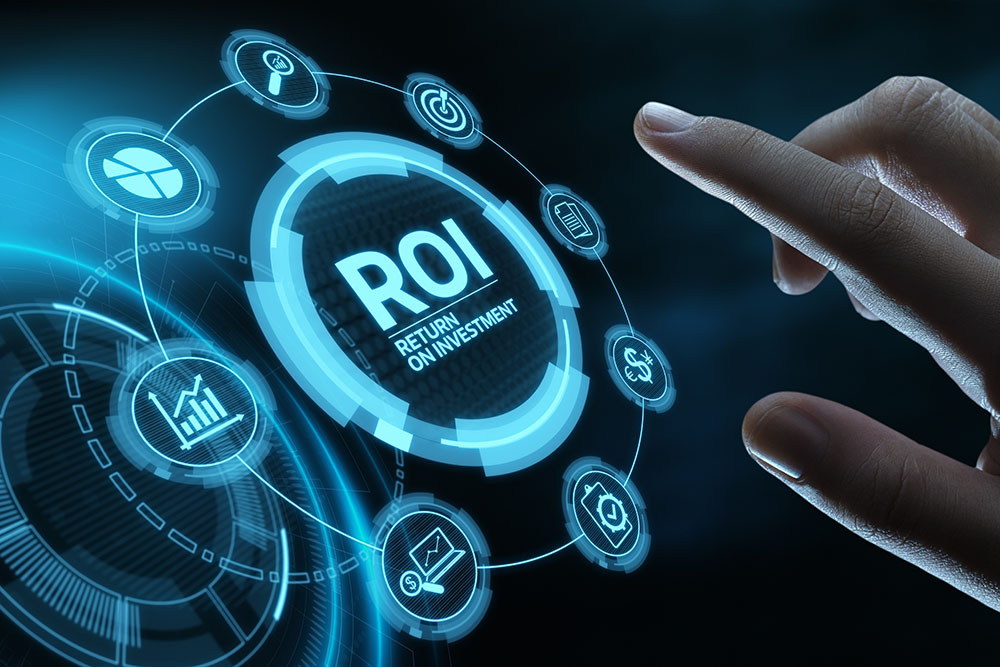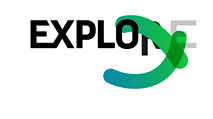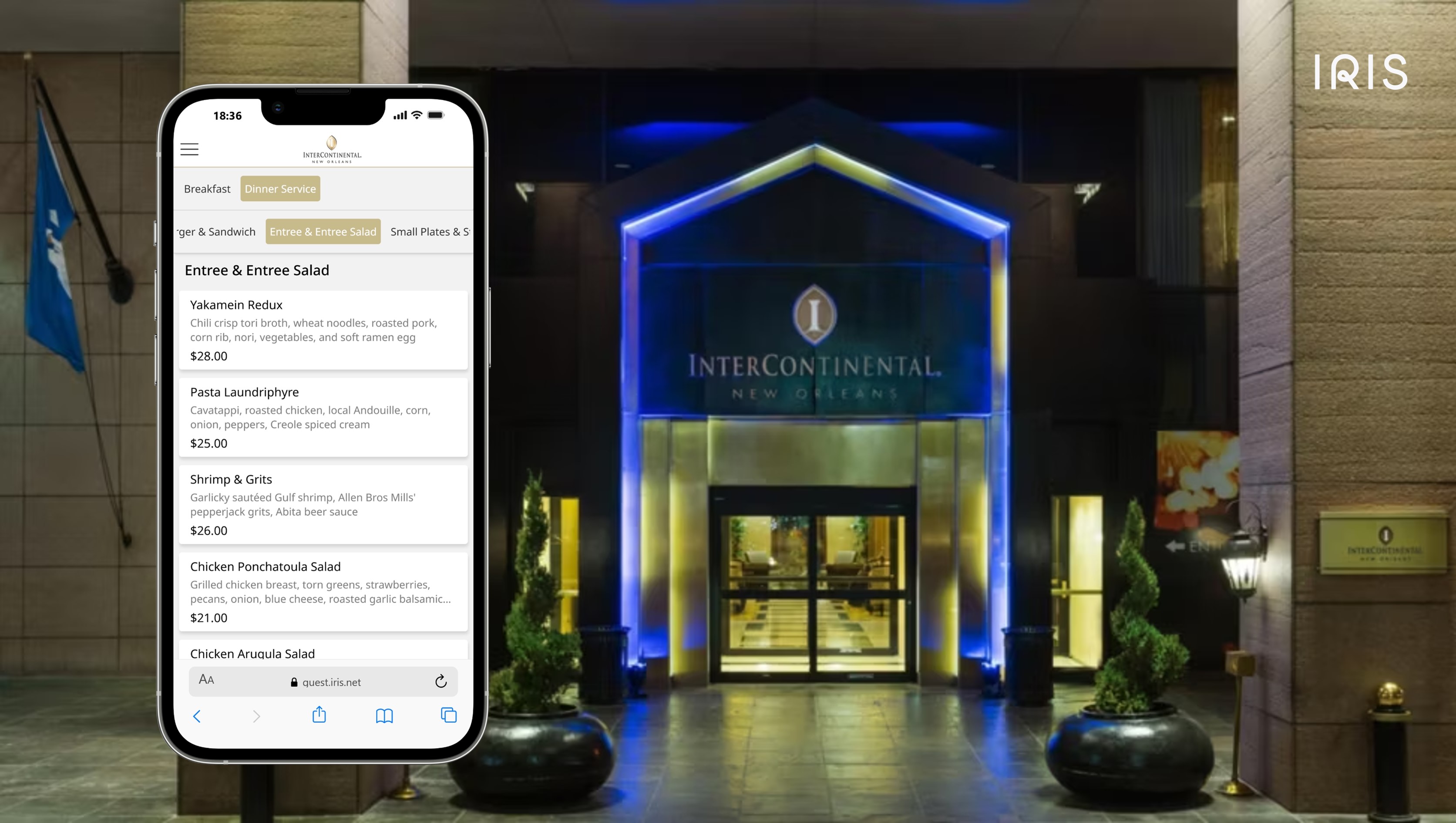

Hotel management companies seeking new management contracts from hotel owners understand the critical role technology plays in sealing the deal. The post-pandemic labor shortage has strained hotel operations, affecting property maintenance, guest experience, reviews, and ultimately revenue.
To overcome these challenges, hotel automation technology serves two essential purposes. Firstly, it handles administrative tasks, allowing staff to focus on maintaining and improving service levels, thus preventing revenue loss. Secondly, the technology investment should generate a return that surpasses operational efficiency gains. In essence, the technology stack should deliver a tangible return on investment (ROI) rather than merely optimizing efficiency.
Traditionally, the hotel industry has not been at the forefront of technology innovation. However, in today's highly competitive landscape, demonstrating a proven ROI from technology investment sets management companies apart in the eyes of hotel owners seeking profitable business outcomes.
The advent of cloud-based, API-driven Property Management System (PMS) architectures has empowered hotels to select the best-fit solutions for their specific needs. This means that technology expenditures are no longer wasted on bloated software that does not align precisely with their requirements. In this environment, the choice of a tech stack becomes a significant differentiator for management companies, showcasing their ability to enhance overall profitability through financially effective technological solutions.
Measuring ROI can be challenging and often clichéd, especially when it comes to evaluating the potential improvements resulting from capital investments. For example, it's difficult to provide a precise ROI figure for housekeeping software, despite its undeniable impact on guest satisfaction. However, a tech stack is the sum of its parts, and the collective effectiveness of each software component working together surpasses their individual impact. When considering technology choices, it is crucial to assess whether they contribute to the overall ROI of the entire tech stack. Revenue-driving technologies like ROOMDEX Automated upselling exemplify this principle.
By leveraging automated upselling, hotels can increase revenue by offering additional services or upgrades to guests at various touchpoints — during the booking process, pre-arrival, or on-site. Since automated upselling operates without ongoing human administration, it quickly delivers a positive ROI. Incorporating an automated upselling solution into a tech stack enables hotels to:
1. Increase Incremental Revenue: Automated upselling generates additional revenue by promoting and selling upgrades, add-ons, or premium services to guests. By presenting enticing offers strategically, hotels can capture room revenue above the original reservation that would otherwise be missed. This direct impact on the top line contributes to a positive ROI. Additionally, utilizing Attribute-based Selling (ABS) enables hotels to merchandise and monetize unique room features, creating a revenue stream that wouldn't exist without automated upselling.
2. Improve Average Daily Rate (ADR): Upselling empowers hotels to raise their average daily rate by encouraging guests to upgrade to higher room categories, premium amenities, or additional services. By effectively showcasing the value of these offerings through automated upselling, hotels can target a larger portion of their guest base, leading to a higher ADR and improved financial performance.
3. Enhance Guest Experience: Automated upselling provides personalized and tailored offers, enhancing the overall guest experience. By suggesting relevant upgrades or add-ons based on guest preferences or past behavior, hotels can deliver a more personalized and memorable stay. This positive guest experience contributes to increased customer satisfaction, repeat bookings, and long-term ROI. Automated upselling allows guests to configure their stay according to their preferences, avoiding a hard sell at the front desk after a tiring day of travel.
4. Improve Operational Efficiency: Automated upselling streamlines the upselling process by eliminating manual efforts, thereby reducing operational costs. It enables hotels to optimize staff time, minimize errors, and improve overall efficiency.
Springboard Hospitality, a California-based hotel management company, credits ROOMDEX with playing a role in winning contracts. By presenting their tech stack as a curated journey with a per room, per key cost, they differentiate themselves from competitors. Rather than focusing on individual costs, they emphasize the combined value of the PMS and other tools within their tech stack, showcasing how it delivers specific ROI for hotel owners.
While automated upselling alone can generate high-margin revenue, incorporating it as part of management services yields even greater overall ROI from the tech stack. Ultimately, the inclusion of automated upselling can be the decisive factor that sets a management company apart from its closest competitors.







